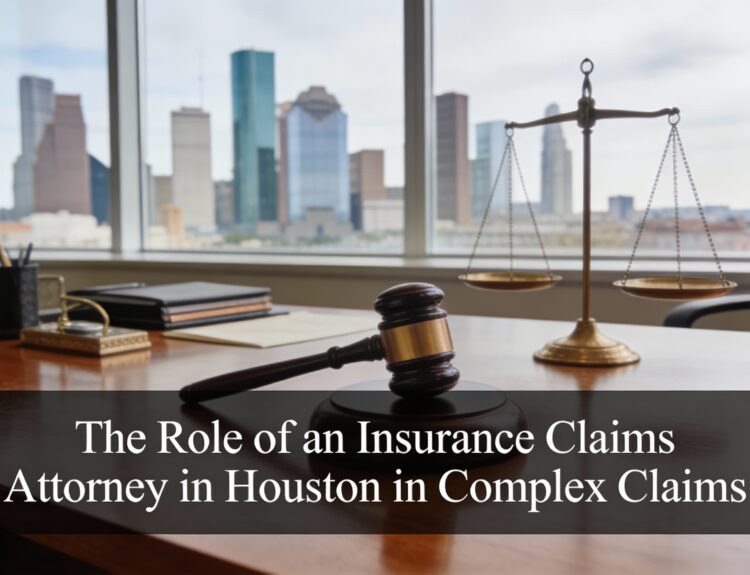Passenger injuries in Fort Lauderdale, Florida, present unique challenges due to the city’s busy traffic patterns and high tourist volume. With Interstate 95, US Highway 1, and numerous busy intersections throughout Broward County, vehicle accidents involving passengers occur regularly, making it essential for travelers to understand their rights and options for compensation. Passenger injuries are a complicated subject, but everyone involved needs to understand the basics.
This guide will explain what travelers need to know about getting compensation after a crash. Chalik Law is a car accident lawyer that helps Fort Lauderdale residents navigate these complex claims and secure the compensation they deserve. Understanding passenger injury claims is critical information for anyone involved in an accident.
Contents
About Passenger Rights
When vehicle accidents happen, passengers have rights. If they traveled in a car, bus, or other transport, they have a right to seek compensation for injuries. Passengers are generally regarded as innocent parties by the law, which means that their claims are usually well-founded. Understanding such rights is the first step to filing a claim.
Types of Injuries
Accidents may cause a range of different types of injuries. These can be whiplash, fractures, or even more serious conditions, including head trauma. The type of injury affects how you proceed with the claim. You must document any injuries and seek medical attention right away. Throughout the claim process, medical records will be essential.
The Claim Process
Filing a passenger injury claim involves several steps. The first step is to gather evidence. This can include photos of the scene, witness testimonies, and hospital records. Then, notifying insurance companies is essential. They will need detailed information about the incident. It may also be helpful to consult with an attorney for guidance on the legal process.
Determining Liability
Liability plays an essential role in these types of claims. According to the National Highway Traffic Safety Administration, determining fault in vehicle accidents requires careful analysis of evidence and circumstances surrounding the crash. In many cases, the driver of the vehicle, another driver, or both parties are to blame. Investigators need to examine the details to determine who is at fault. However, in some cases, liability can also rest with the vehicle owner or a third party. Strong evidence and thorough analysis are necessary to establish liability.
Compensation Factors
Compensation can cover different things. Common considerations include a loss of medical expenses, lost wages, and pain and suffering. The degree of injury often determines the award amount. The more extensive the medical treatment, the greater the potential compensation. You must document every loss that occurred because of the accident to ensure that nothing goes uncompensated.
Insurance Involvement
Insurance plays a major role in passenger injury claims. Coverage varies from policy to policy, so understanding this is crucial. Both the driver’s and passenger’s insurance can be involved. It is important to review the policy details to understand coverage limits and potential complications that may arise during the claim process.
Legal Assistance
While you can process a claim yourself, an attorney can be helpful. Getting assistance from an attorney simplifies the claims process. An attorney can ensure all paperwork is properly filed and deadlines are met. In case legal proceedings become necessary, they can also handle court proceedings on behalf of the passenger, providing peace of mind.
Potential Challenges
Several complications can arise during the claims process. Liability disputes, unfair settlement offers, or confusing insurance policies can all complicate matters. Being prepared and understanding these potential issues is important. Professional guidance can help you navigate these challenges effectively.
Time Limits
When it comes to passenger injury claims, time is critical. Every state has legal limits on filing claims, known as statutes of limitations. This makes it vital to take action promptly to avoid missing. It is best to consult an expert early on to comply with all legal requirements.
Settlements vs. Trials
Many claims are resolved through out-of-court settlements. Settlements tend to be faster and less stressful than trials. Going to court may be necessary when a reasonable settlement cannot be reached. Each option has advantages and disadvantages, so it is important to weigh them carefully before making a decision.
Emotional and Psychological Effects
Accidents aren’t limited to physical trauma; psychological trauma is frequently possible. Anxiety, stress, and trauma can be potential consequences of an accident. Recognizing such impacts is important to the recovery process. These non-physical harms can still qualify for compensation, which can be used to address them through mental health treatment.
Conclusion
Understanding passenger injury claims is critical information for anyone involved in an accident. This knowledge empowers passengers regarding their rights, the claim process, and potential challenges. Timing is often crucial, and consulting professionals typically yields the best possible outcome. With adequate preparation, passengers will be able to navigate the claims process with confidence and maximize their compensation.




